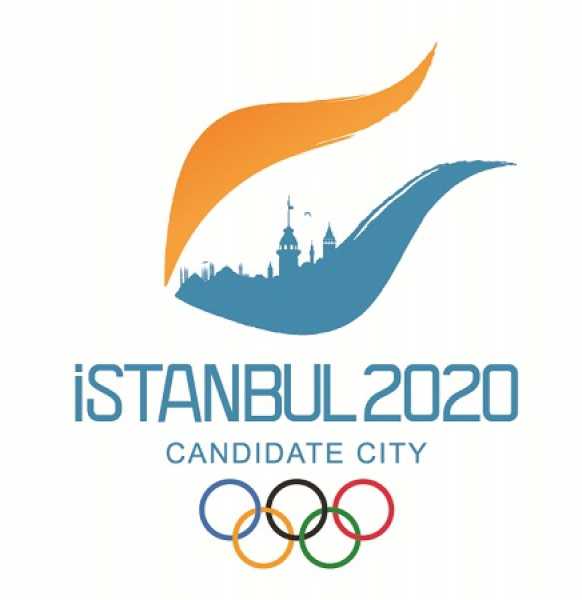Turkey’s strategic geographical position, at the crossroads of eastern and western cultures, historically guaranteed its political importance on the Old World stage. Now, with its stable economical growth and a young, well-educated and highly skilled workforce, Turkey is once again rising up to become a major economic, political and financial force in the new global economy.
Turkey has been investing heavily in the development of its infrastructure, with several large projects currently underway. These include the $11bn construction of the Istanbul-Izmir motorway, the $25bn investment in the Akkuyu Nuclear Power Plant by Russia’s Rosatom and the $15bn investment in the new Istanbul Airport, which will be the world’s largest airport with an annual capacity of 150m passengers. Other major construction projects that have commenced include a high-speed rail link for Istanbul to Anmkara and a third bridge over the Bosphorus, all of which will coincide with Turkey’s bid for the 2020 Olympics.
While numerous US and European banks collapsed following the global financial and Eurozone crises, Turkey’s banking sector has been performing relatively robustly on the international stage. Turkish central bank data has revealed that portfolio inflows last year rose 60% to $35bn, with commentators describing Turkey as one of the most interesting emerging markets in the region with a diversified range of investment products. Last November, Fitch Ratings gave Turkey its first investment grade credit rating in almost 20 years, which endorses the country’s economic transformation and has been one of the main catalysts for the significant rise in demand for Turkish assets this year.
Outside interest
With its deepening capital markets and robust growth, Turkey has caught the interest of the international investment community, particularly from the Gulf region, with investors being drawn to Turkey’s widening range of investment products, from a debut sovereign Sukuk bond issue last September to foreign currency-denominated Eurobonds from both banks and corporates.
Inward and outward foreign direct investments of all sizes are flooding the market. At the larger end of the scale, the larger investments typically come from new or emerging jurisdictions. Russia is becoming one of the largest trading partners in Turkey, and good and improved relations between the two countries has resulted in Turkey becoming the largest foreign investor in Russia. While Russia’s Rosatom is building the Akkuyu nuclear power plant, Sberbank has acquired both the domestic Turkish Denizbank for over $4bn and the consumer banking division of Citibank in Turkey.
Outside the financial services sector, a significant proportion of the Turkish pharmaceutical manufacturing industry has been acquired by global drugmakers. These companies, mainly Swiss, German, Japanese and US based, continue to compete for larger shares of Turkey’s fast growing pharmaceutical market, which expanded from $3bn in 2003 to $13bn in 2012.
There have been similar trends in many other sectors, including insurance and healthcare, as the economy expands and a fast growing population increases purchasing power, consuming both domestic and imported production.
Turkey’s exports are on a continuous increase, with the government taking critical steps to control the economic growth and current account deficit. The government has committed to increase its exports, currently at $150bn, to over $500bn by Turkey’s centennial celebrations in 2023. Deputy Prime Minister Ali Babacan recently said that it would be possible to reach a GDP per capita of $25,000, provided that both judicial and educational reforms are carried out to liberalise the economy.
As part of its stated ambition to establish Istanbul as a major international financial centre appropriate to the country’s standing in the region, the government has set out its plans and construction for the premises of an international financial centre (IFC) have already commenced. The intention is for the IFC to improve the Turkish economy by attracting funds, allowing Turkish businesses to obtain easier finance and for the domestic insurance sector to become closer to international financial markets.
As part of its commitment to legislative reform and to improve the climate in which to do business in Turkey, the cabinet has sent legislation to parliament on the formation of the Istanbul Arbitration Center (IAC). Turkey is aiming for the IAC to become a major dispute resolution centre for investors particularly in the IFC and a prime centre for the resolution of commercial disputes in the region. At a conference on the proposed IAC, convened in November 2012, the various requirements for the development of a successful arbitration centre were discussed by a record number of 380 delegates.
As the organisers of the conference, Mehmet Gn & Partners believe that establishing the IAC alone is not enough – it must be supported by the creation of special courts and appeal chambers equipped with the state-of-the-art disclosure processes, so that the complex disputes that IFC participants may encounter can be swiftly and efficiently resolved. We will continue to work to facilitate the establishment and international recognition of the IAC, of specialised IFC courts and the adoption of full and frank disclosure in Turkish civil procedures.
The deputy prime minister believes that Istanbul can fill the gap between the financial centres of London, Frankfurt and Dubai, and become a regional powerhouse. There is no doubt that following the Arab Spring, Istanbul benefited from its position as a strong stable economy outside the EU and its “safe haven” status for investors in the East Mediterranean, North African and Central Asian region. In Egypt, Cairo has already lost its importance to Istanbul as was shown when the Nikkei Index of Japan relocated its Middle East offices to Istanbul. With an almost bankrupt Greece and Cyprus, and an unstable Egypt, Turkey is paving the way to become the region’s major financial and commercial centre.
bne/Mehmet Gn of Mehmet Gn & Partners




